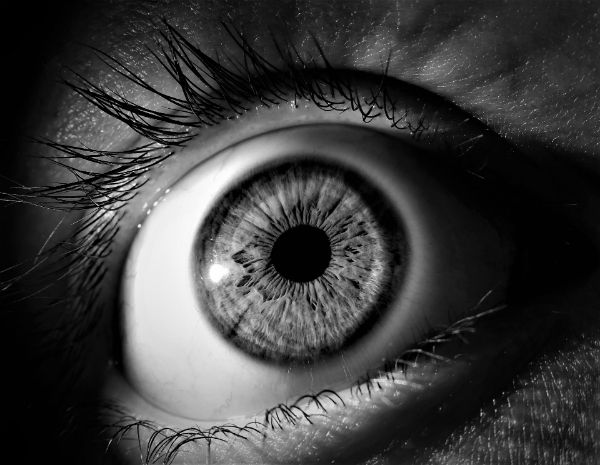In almost every OUI case, the first field sobriety test that the officer administers is to ask the driver to follow his pen or some other stimulus with the driver’s eyes. Commonly called the “pen test”, this test is actually called horizontal gaze nystagmus (HGN).
The horizontal gaze term is self-explanatory, the driver is gazing at a stimulus along a horizontal plane. Nystagmus is an involuntary jerking movement in the pupils that occurs as the driver follows the stimulus along that plane.
Nystagmus is caused by the presence of certain levels of central nervous system (CNS) depressants in the driver’s blood and, hence, central nervous system. Ethanol, the alcohol contained in alcoholic beverages, is a CNS depressant as are many other prescription and over the counter (OTC) drugs. Nystagmus is also caused by a wide range of medical conditions and drugs that are not CNS depressants and which do not cause impairment of normal mental and/or physical facilities. I refer to the latter causes as “benign” for HGN purposes.
Benign causes include, among dozens of others, ingestion of aspirin, excessive amounts of caffeine, nicotine, antihistamines as well as a variety of neurological conditions including epilepsy, muscular dystrophy, multiple sclerosis and brain injuries. Influenza and fevers cause nystagmus as do cataracts, vertigo and inner ear infections and even hypertension. Some people have natural nystagmus.
Police officers receive limited training in the administration and even less in the interpretation of the HGN test. Gaze nystagmus is part of a standard neurological examination. Medical doctors and nurses receive extensive training in the administration and interpretation of a gaze nystagmus exam. Yet, they all make extremely important decisions and conclusions based upon their respective administrations of the gaze nystagmus examination.
If you have been charged with operating under the influence (OUI), make sure that the lawyer whom you hire is well-versed in HGN as well as all other aspects of your case. Police officers are doing the best they can with the limited training they have received. Do not hire a lawyer who likewise lacks the proper training, knowledge, skill and experience to provide you with the defense that you need and deserve.
Related Information:
5 Questions to Ask an OUI Attorney at Your Initial Consultation
Disclaimer: This article is intended to provide general, not specific, information about Maine law. The publication of this article does not constitute an attorney-client relationship between the author(s) and the reader(s).





